Helping workers at Slatina manage their childcare needs with a new preschool
At Slatina, Prysmian Group’s largest European factory, 35 children are attending a preschool organized by the plant’s Human Resources team.
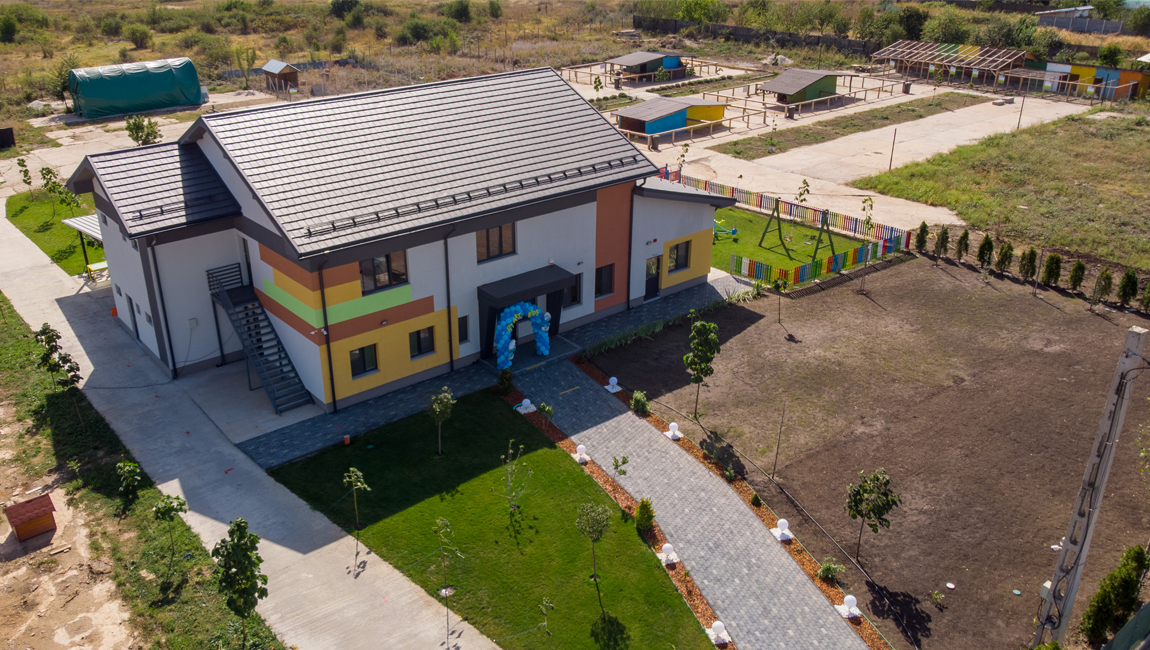
At Slatina, Prysmian Group’s largest European factory, 35 children are attending a preschool organized by the plant’s Human Resources team.
The project grew out of Prysmian Group’s Side by Side program, which is dedicated to making sure each employee has equal access to opportunities, showing how Prysmian Group is committed to promoting a business model that integrates economic, social and environmental responsibility in all its aspects and activities.
In September 1, 35 children ages 2 to 6 had their first day at a preschool in Slatina, Romania, where teachers and a nurse welcomed them with games, music, and schoolyard “pet therapy” with goats, rabbits, chickens and even a horse. They ate in the cafeteria, and the youngest ones took naps afterwards. The children all have one thing in common: their parents are among the 1,200 people who work at Prysmian Group’s factory across the road. The preschool was developed by the Human Resources team at Slatina, Prysmian Group’s largest factory in Europe.
“On the first day, the kids were a little uncertain,” recalls Dario Rugge, HR Director of the Plant. “But by the end of the day, they didn’t want to leave.”
Dario didn’t set out to create a preschool when he arrived in Slatina nearly two years ago. He simply started to listen to what Slatina’s staff told him they needed. The preschool grew out Prysmian’s Side by Side diversity and inclusion program, which aims to create a workplace where everyone has access to the same opportunities. Work-life balance is a challenge for parents with small children everywhere. But at Slatina, there is a lack of preschools, and even public facilities are too expensive, workers there told Dario. And the factory’s location in an industrial park, combined with short preschool hours, made it difficult for parents to use them even if they could afford to.
It was clear to Dario that solving this problem was a priority, given that about one-third of the factory’s employees are women – one of the highest levels for any Prysmian Group plant. Back in March, he started to work on finding the space, vetting the education provider, getting legal advice, and taking out the necessary insurance policies. Prysmian pays the preschool’s fees, and parents make a small contribution. The preschool is open year-round and has facilities for events like birthday parties and other courses.
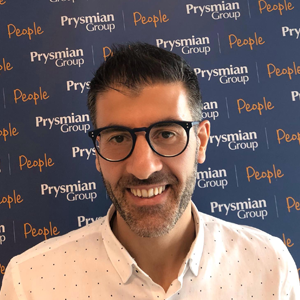
Prysmian Romania HR Director
Side by Side’s emphasis on social responsibility is consistent with Prysmian’s Sustainability Policy, which has identified three strategic priorities with three strategic pillars: developing and implementing sustainable and innovative solutions for the business; using energy and natural resources responsibly; and supporting the development of people and communities.
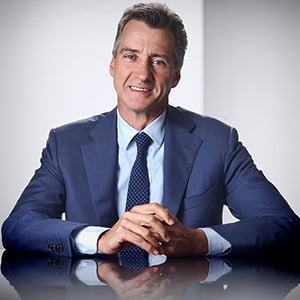
Prysmian Chief Operating Officer
Supporting the work life balance at the Slatina plant is therefore part of Prysmian’s sustainability goals, and so is working with the community. From his conversations with workers, Dario knew that leisure time options in this industrial city of 70,000 people are scarce. Slatina has two professional sports teams: men’s football, and women’s handball. The women’s team represents the city in Romania’s top handball league. Guess which one Prysmian Group sponsored?
Prysmian Group now supplies the CSM Slatina women’s handball team with jerseys, equipment, and transport. In exchange, it receives 50 tickets to each week’s match, which it awards as incentives for the plant’s safety or production programs. Now there is a sort of friendly contest to see who will win the tickets for this week’s match.
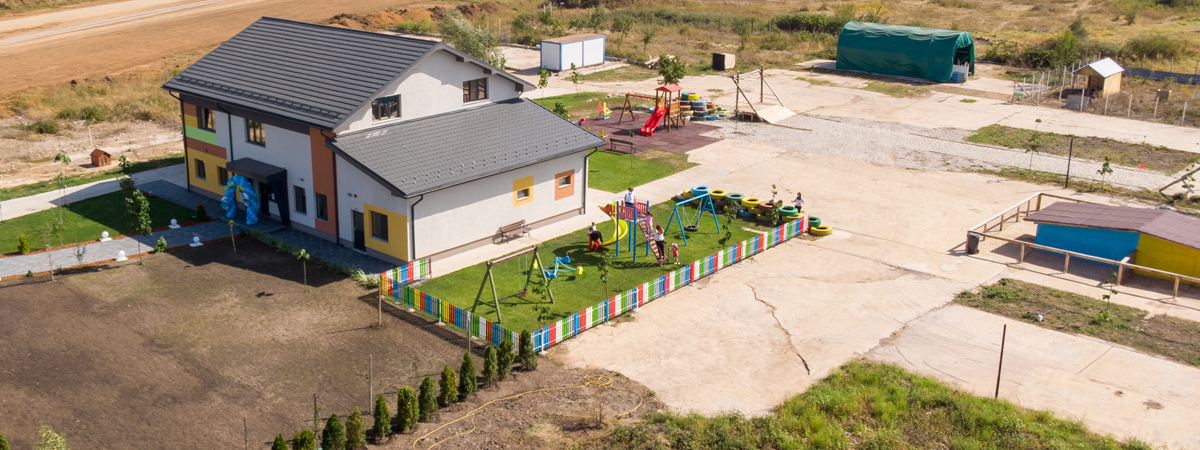
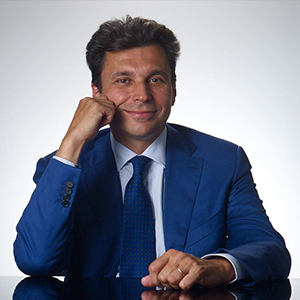
Chief HR officer

